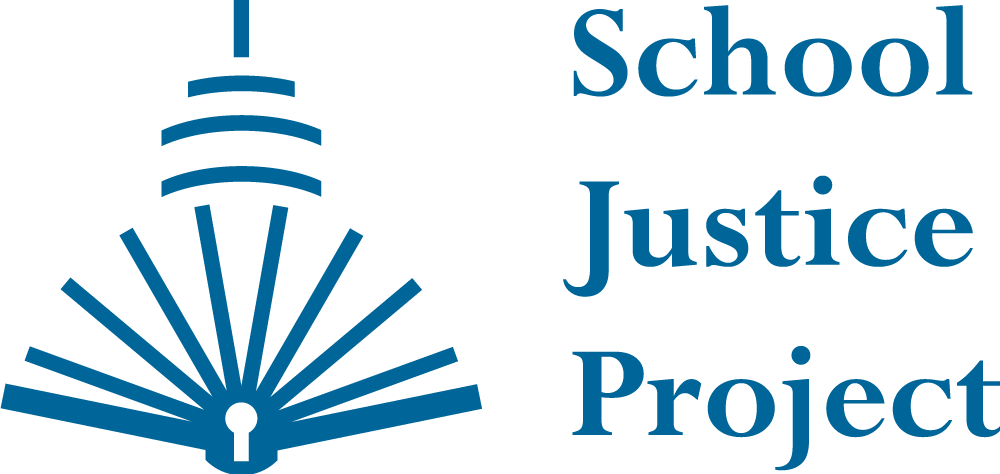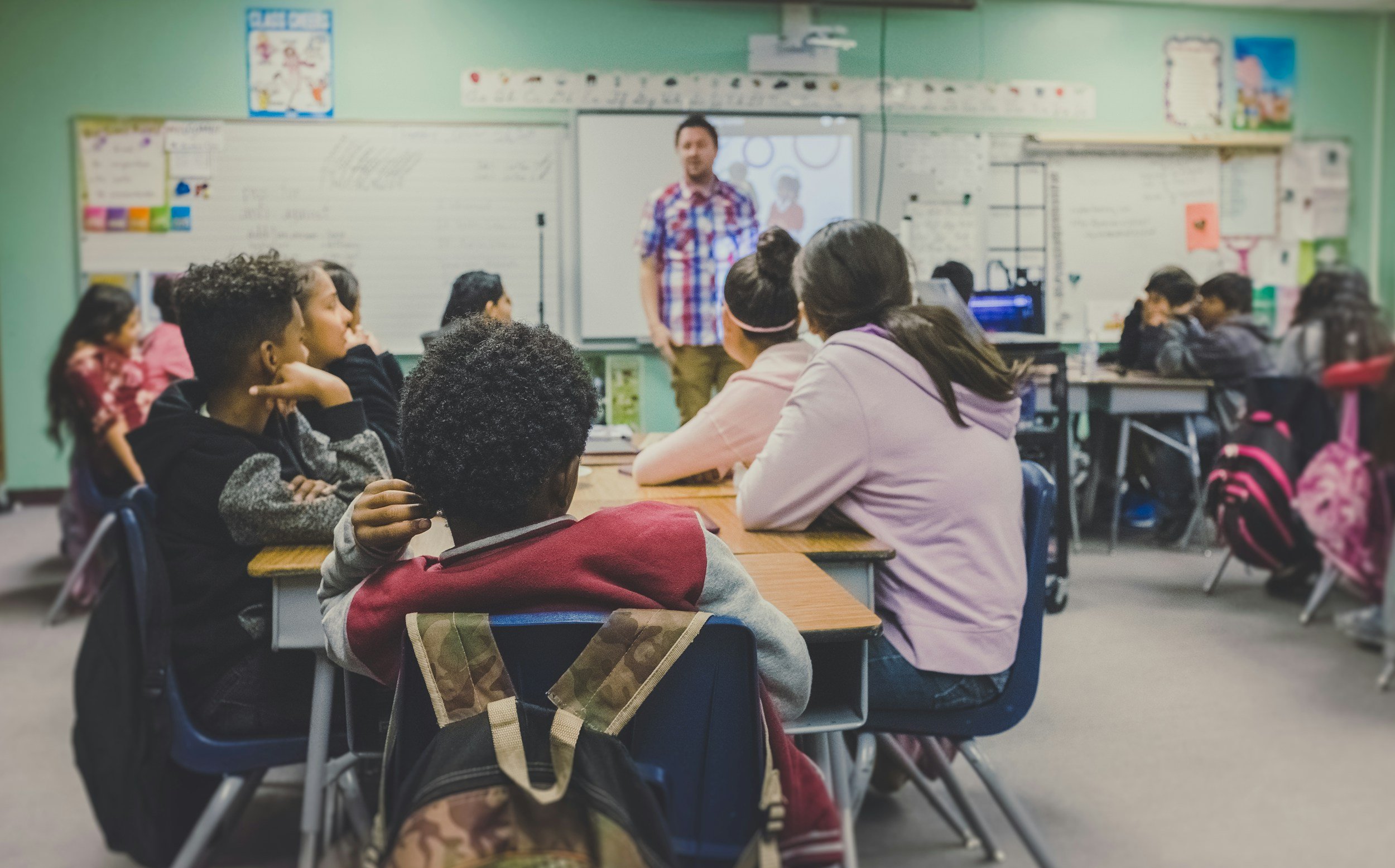How We Work with Court-Involved Young People in the Community
SJP attorneys work with young people in our community by assisting with school enrollment, transcript analysis, ensuring correct course enrollment, ensuring timely transfer of educational records, and advocating at school meetings. We advocate for students to receive appropriate educational instruction and services including: special education and other evaluations, related services (such as counseling and tutoring), individualized transition plans for adulthood and reentry following incarceration, and any additional accommodations to ensure the young person’s success.
-
When students experience barriers to accessing education, particularly as a result of the fact that they have had contact with the criminal-legal system, we work to solve problems with the young person with the goal of removing those barriers to ensure educational access. Sometimes that means accompanying a student to a check in with their probation officer and sometimes that looks like advocating to remove probation requirements that are impeding educational access.
If a young person has not yet been identified as a special education student and wants to go through the eligibility process, we can support them through the process and advocate for them to receive special education. Ultimately, when students' educational rights are violated, we can also advocate by filing due process claims and state complaints.
“SJP works to assist students with educational reentry services to ensure smooth transitions between secure facilities and their return to the community.”
- SJP Executive Director, Claire Blumenson
-
Students in DC come from many District of Columbia Public Schools (DCPS) schools and dozens of public charter schools. Students may also come from non-DC schools, such as neighboring Prince George’s County, MD Public Schools and out-of-state placements due to juvenile justice system involvement.
SJP works with these students by providing assistance with:
Working with the student on lack of educational continuity, specifically being placed in the correct class as opposed to repeating a class the student has already taken and passed.
Court-involved students often do not accrue credits in the same ways in which their peers do. Many of the grades they do earn do not transfer back to their community school following a period of incarceration and are not reflected on their transcripts or progress reports. This means that students lose weeks or months of coursework and return to their community school with failing grades.
Re-Enrollment Delays and Prohibitions: Many court-involved students are withdrawn from their community school and have to re-enroll following a period of detention. Some principals will not allow re-enrollment until the student meets with the school staff. Some schools will say that the seat has been given to another student and is no longer available. Without the support of an SJP attorney, these barriers to entry could contribute to school disengagement. SJP attorneys work with our clients to physically take them to their former school and/or locate a new school and work with school staff to reengage the student with their education.

